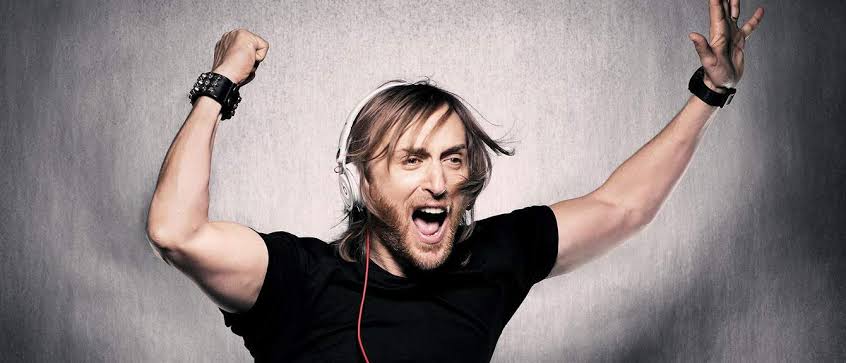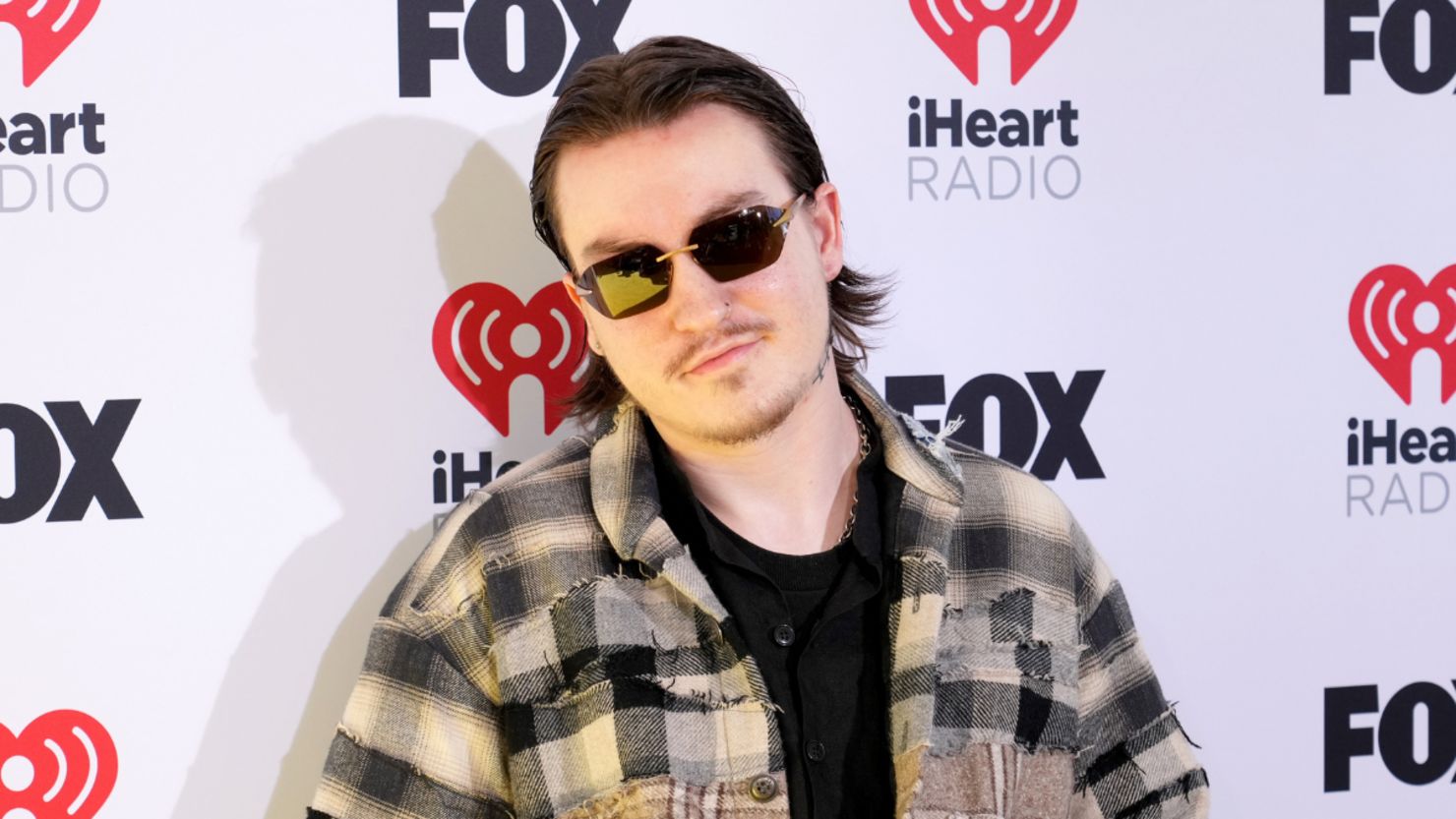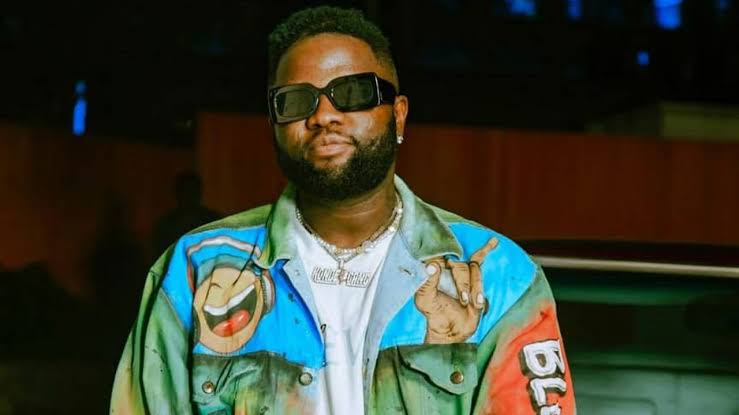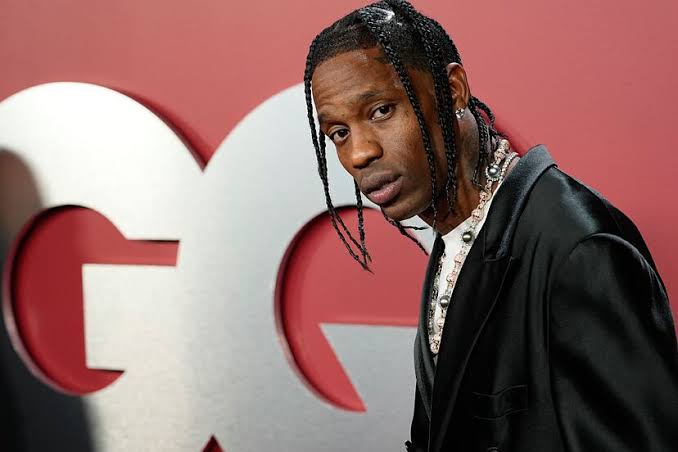Best 10 Graduation Speeches Of All-time
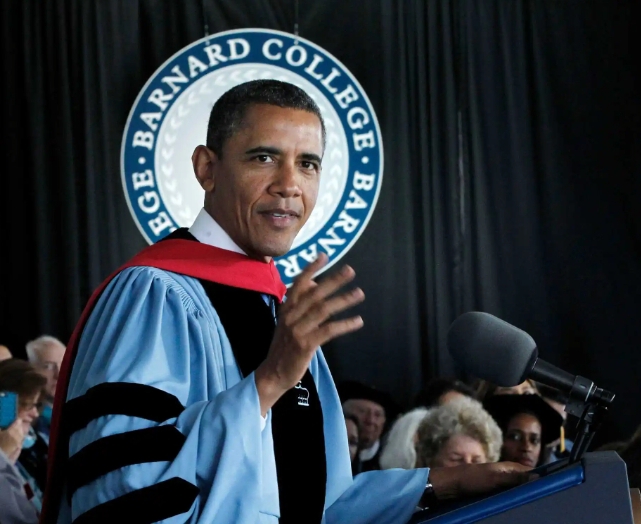
- 10. Admiral William H. McRaven, University of Texas at Austin 2014 Commencement Address
- 09. J.K. Rowling, Harvard University Commencement Speech June 5, 2008
- 07. Jeff Bezos Graduation Speech At Princeton University (2011)
- 06. Meryl Streep, Barnard Commencement Speech 2010, Columbia University
- 05. Michelle Obama, Dillard University (2014)
- 04. Bono University of Pennsylvania Commencement Speech (2004)
- 03. David Foster Wallace, Kenyon College (2005)
- 02. Shonda Rhimes, Dartmouth College (2014)
- 01. President Barack Obama, Barnard (2012)
Over the years, the world’s top Universities have tapped prominent names to deliver their graduation speeches. What’s more fun than being motivated for the next phase of life than seeing someone who defied the odds and claimed success. From author J.K. Rowling to former United States president Obama, many graduation speeches have touched the world because of how honest and electric they are. Here is our pick of the ten best speeches to inspire you to take the next step to establish yourself.
10. Admiral William H. McRaven, University of Texas at Austin 2014 Commencement Address
Taking the floor, Admiral McRaven spoke about the similarities of everyone’s struggle despite who they are or where they come from. He said, “It matters not your gender, your ethnic or religious background, your orientation, or your social status. Our struggles in this world are similar, and the lessons to overcome those struggles and to move forward–changing ourselves and the world around us–will apply equally to all.”
09. J.K. Rowling, Harvard University Commencement Speech June 5, 2008
Famous author J.K. Rowling while speaking at the Harvard University graduation in June 2008, talked about believing in who she was and putting all her energy into the work that mattered to her. She said, “I stopped pretending to myself that I was anything other than what I was and began to direct all my energy into finishing the only work that mattered to me. Had I succeeded at anything else, I might never have found the determination to succeed in the one arena I believed I truly belonged.”https://m.youtube.com/watch?v=wHGqp8lz36c
08. Robert Krulwich, UC Berkeley Graduate School of Journalism (2011)
American radio and television journalist Robert Krulwich in his address to the 2011 graduating class at UC Berkeley Graduate School of Journalism, spoke about the essence of collaborating with the people around you. He urged the class not to wait to be contacted by a company nor give their “heart to a bunch of adults” but to work with their friends to create something that makes sense to them. He said,
“Think about NOT waiting for a company to call you up. Think about not giving your heart to a bunch of adults you don’t know. Think about horizontal loyalty. Think about turning to people you already know, who are your friends, or friends of their friends, and making something that makes sense to you together, that is as beautiful or as true as you can make it.”
07. Jeff Bezos Graduation Speech At Princeton University (2011)
Amazon founder and CEO Jeff Bezos, in his commencement speech to the 2011 graduation class at Princeton University, spoke about the importance of kindness. Not what anyone expected. “There’s a difference between gifts and choices. Cleverness is a gift; kindness is a choice.” He stressed the importance of choosing to be kind to people. He also talked about taking the hard part to achieve his dreams, saying, “I took the less safe path to follow my passion, and I’m proud of that choice.”
06. Meryl Streep, Barnard Commencement Speech 2010, Columbia University
Multiple Academy Awards winner Meryl Streep spoke about understanding the art of pretending, empathy, and making her first attempts at acting. She shared how much awards matter little but gaining fulfillment from being involved in the lives of the people she loves. Streep said,
“I can assure that awards have very little bearing on my own personal happiness. My own sense of well-being and purpose in the world. That comes from studying the world feelingly, with empathy in my work. It comes from staying alert and alive and involved in the lives of the people that I love and the people in the wider world who need my help.”
05. Michelle Obama, Dillard University (2014)
Presenting the Dillard University Commencement Speech in 2014, Michelle Obama spoke about the importance of education. She referenced Emperor Williams’ story saying, “See, for a man like Emperor, getting an education could open up a whole new world of opportunity. An education meant having real power. It meant you could manage your own money.”
Michelle urged the class to cultivate a hunger for education. “We know that today, education is still the key to real and lasting freedom — it is still true today. So it is now up to us to cultivate that hunger for education in our own lives and in those around us. And we know that hunger is still out there — we know it.”
04. Bono University of Pennsylvania Commencement Speech (2004)
U2 Frontman Bono, during his speech, charged the graduating class asking them what they were willing to pursue and giving all of their energy to get after leaving school. He asked,
“What’s the big idea? What’s your big idea? What are you willing to spend your moral capital, your intellectual capital, your cash, your sweat equity in pursuing outside of the walls of the University of Pennsylvania? The world is more malleable than you think, and it’s waiting for you to hammer it into shape.”
03. David Foster Wallace, Kenyon College (2005)
American author David Foster Wallace In his speech to the 2005 graduating class of Kenyon College, stressed the importance of being in control. He said, “Learning how to think really means learning how to exercise some control over how and what you think. It means being conscious and aware enough to choose what you pay attention to and to choose how you construct meaning from experience. Because if you cannot or will not exercise this kind of choice in adult life, you will be totally hosed.”
02. Shonda Rhimes, Dartmouth College (2014)
Television producer, screenwriter, and author Shonda Rhimes in her commencement speech to the 2014 graduating class of Dartmouth College, spoke about “doing” more than “dreaming.” She said, “I think a lot of people dream. And while they are busy dreaming, the really happy people, the really successful people, the really interesting, engaged, powerful people, are busy doing.”
01. President Barack Obama, Barnard (2012)
President Obama, in his address to the Barnard graduating class of 2012, urged the class to fight for their place. He said, “Don’t just get involved. Fight for your seat at the table. Better yet, fight for a seat at the head of the table.”
He continued, “So don’t accept somebody else’s construction of the way things ought to be. It’s up to you to right wrongs. It’s up to you to point out injustice. It’s up to you to hold the system accountable and sometimes upend it entirely. It’s up to you to stand up and to be heard, to write and to lobby, to march, to organize, to vote. Don’t be content to just sit back and watch.”

